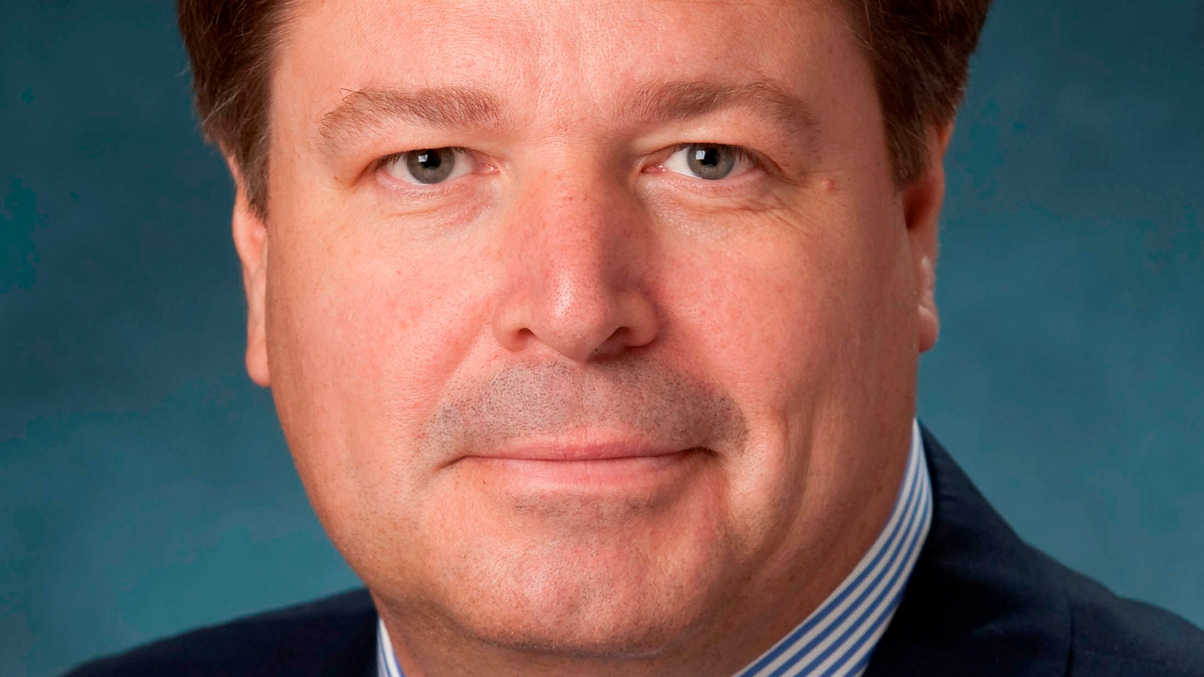Overhaul of Credit Suisse AM raises questions
The bank is switching its funds business from a standalone distribution model to one that relies on its private bank, with sales heads exiting. But will it regret cutting back in Asia?

Credit Suisse’s move to fold its funds arm into its private bank is seen as a logical step to reduce costs, but means it is cutting staff in its Asia AM unit at a time when other firms are ramping up in the region.
Sign in to read on!
Registered users get 2 free articles in 30 days.
Subscribers have full unlimited access to AsianInvestor
Not signed up? New users get 2 free articles per month, plus a 7-day unlimited free trial.
¬ Haymarket Media Limited. All rights reserved.


